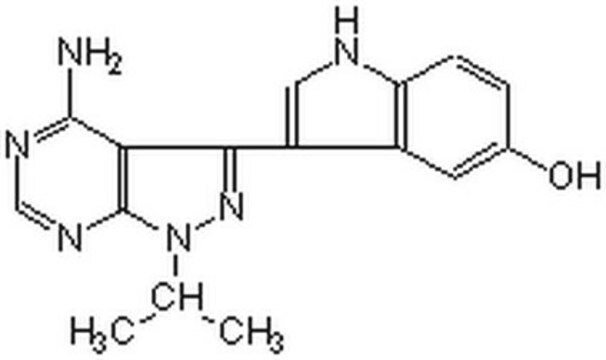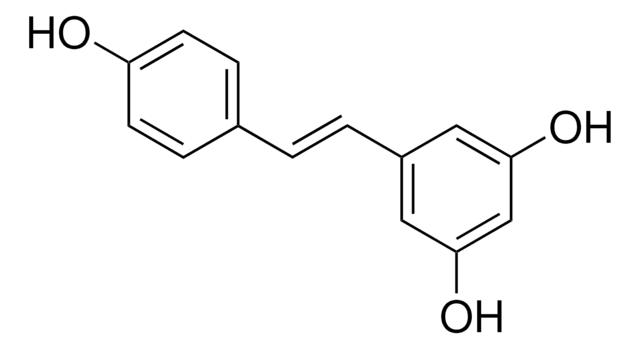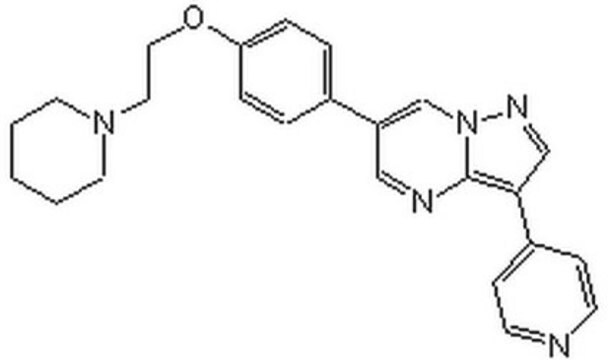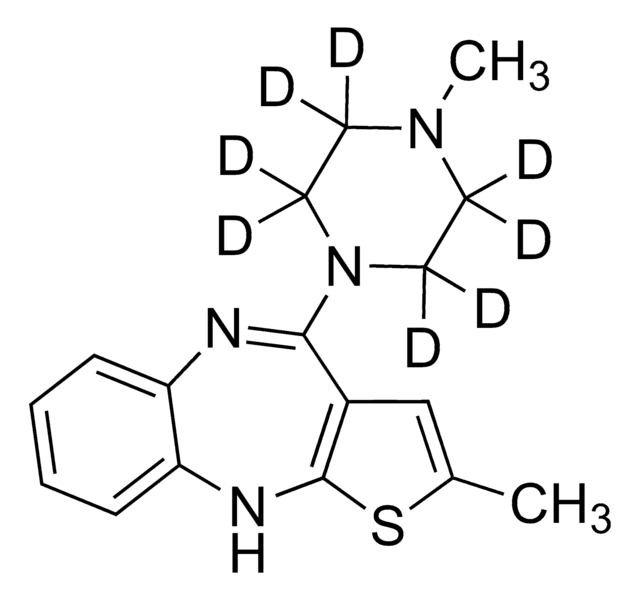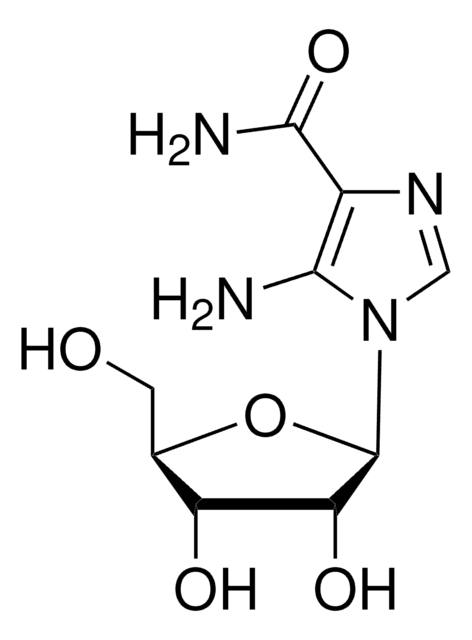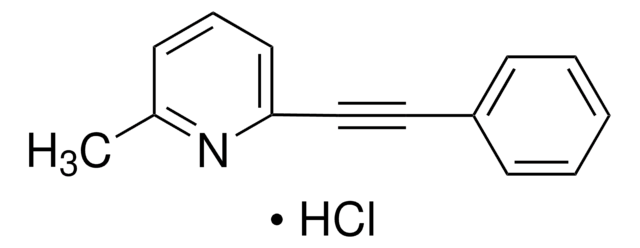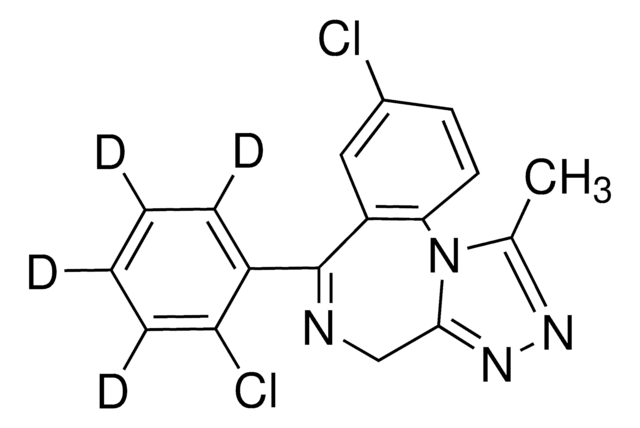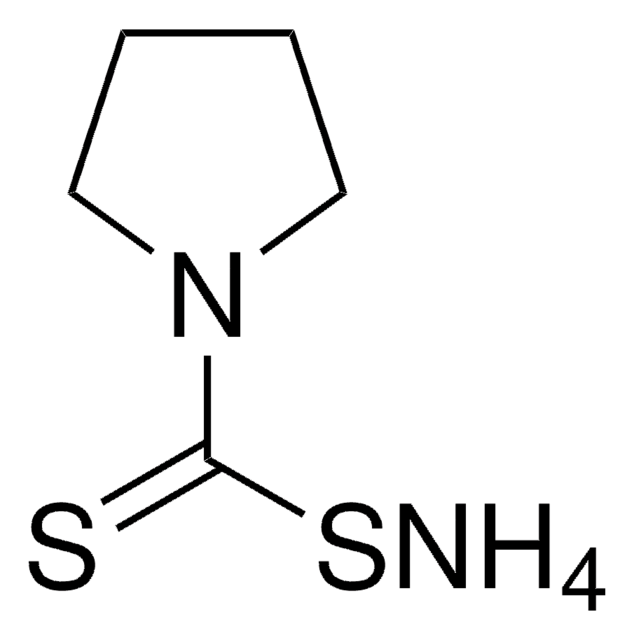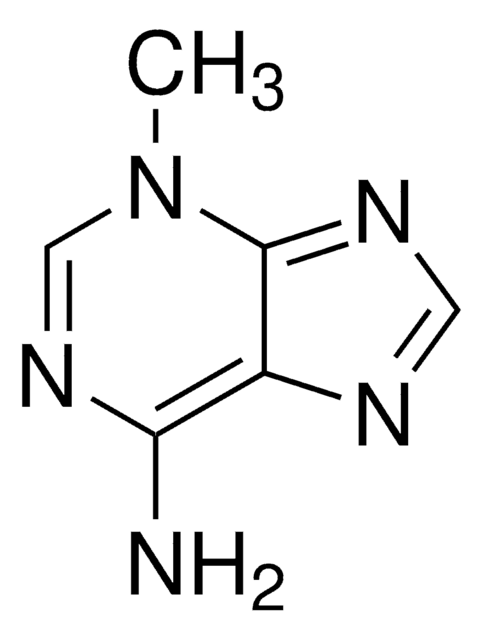P0037
PP242 hydrate
≥98% (HPLC), powder
Synonym(s):
2-(4-amino-1-isopropyl-1H-pyrazolo[3,4-d]pyrimidin-3-yl)-1H-indol-5-ol
About This Item
Recommended Products
Quality Level
Assay
≥98% (HPLC)
form
powder
color
off-white
solubility
DMSO: >10 mg/mL
storage temp.
2-8°C
SMILES string
O.CC(C)n1nc(-c2cc3cc(O)ccc3[nH]2)c4c(N)ncnc14
InChI
1S/C16H16N6O.H2O/c1-8(2)22-16-13(15(17)18-7-19-16)14(21-22)12-6-9-5-10(23)3-4-11(9)20-12;/h3-8,20,23H,1-2H3,(H2,17,18,19);1H2
InChI key
FMDOLJSFPXFBIL-UHFFFAOYSA-N
Application
- as a mammalian target of rapamycin (mTOR) inhibitor to study its effects on rat fibroblast mTOR complex 1 and 2 (mTORC1 & 2) signaling
- as an mTOR inhibitor to treat mouse embryonic fibroblasts (MEF) and cumulus cells (CCs) to study its effects on reactivation of embryonic nucleoli and ribosome biogenesis
- as a target of rapamycin (TOR) kinase inhibitor for the treatment of Arabidopsis to study its effects against Fusarium graminearum infection
Biochem/physiol Actions
Features and Benefits
Storage Class Code
11 - Combustible Solids
WGK
WGK 2
Flash Point(F)
Not applicable
Flash Point(C)
Not applicable
Regulatory Listings
Regulatory Listings are mainly provided for chemical products. Only limited information can be provided here for non-chemical products. No entry means none of the components are listed. It is the user’s obligation to ensure the safe and legal use of the product.
JAN Code
P0037-BULK:
P0037-VAR:
P0037-5MG:
P0037-IP:
P0037-25MG:
Certificates of Analysis (COA)
Search for Certificates of Analysis (COA) by entering the products Lot/Batch Number. Lot and Batch Numbers can be found on a product’s label following the words ‘Lot’ or ‘Batch’.
Already Own This Product?
Find documentation for the products that you have recently purchased in the Document Library.
Customers Also Viewed
Articles
We present an article about how proliferating cells require the biosynthesis of structural components for biomass production and for genomic replication.
Protocols
Sigma-Aldrich offers many products related to PKB/Akt for your research needs.
Our team of scientists has experience in all areas of research including Life Science, Material Science, Chemical Synthesis, Chromatography, Analytical and many others.
Contact Technical Service